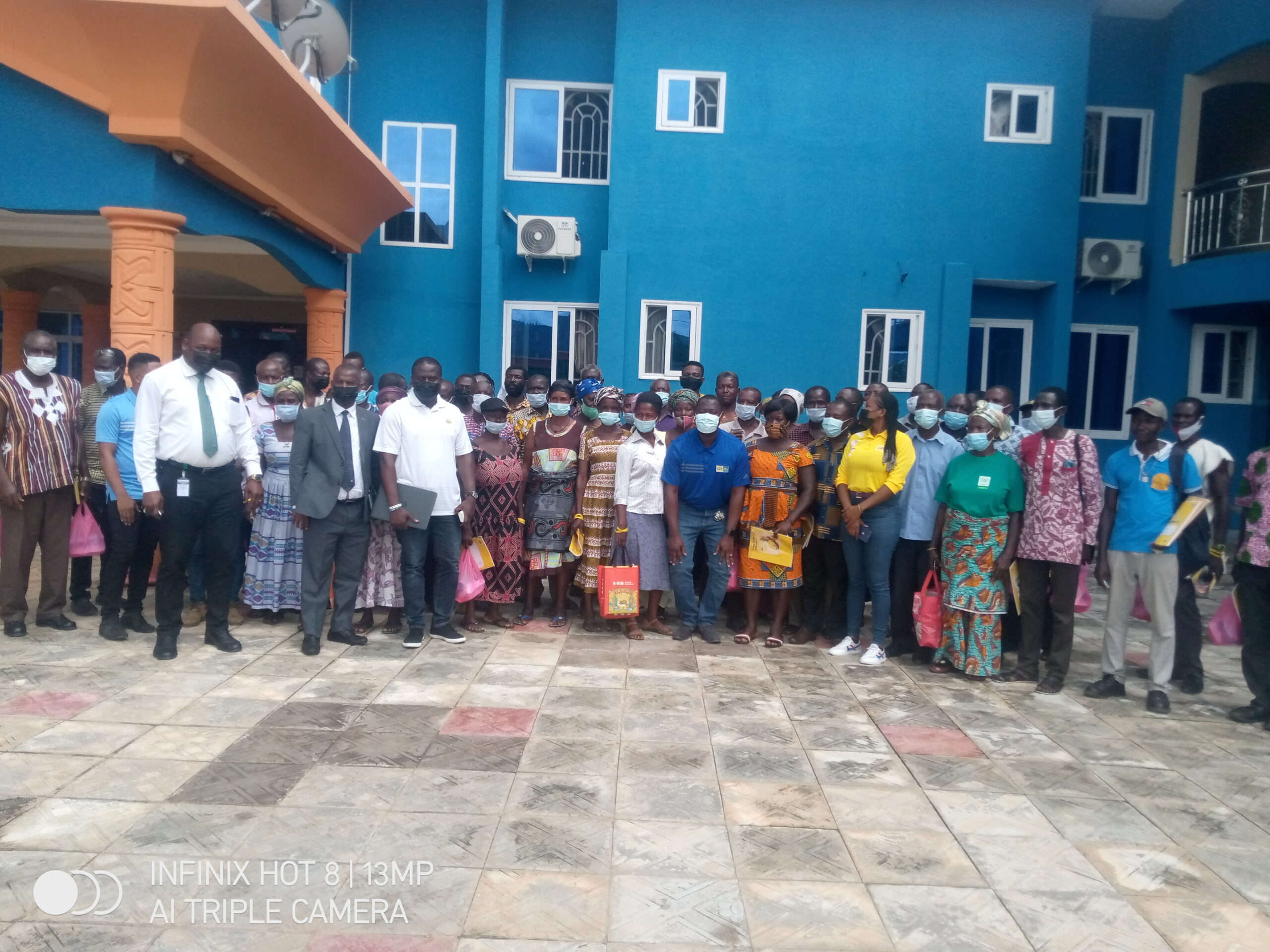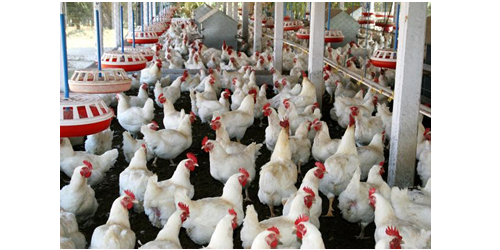FDA closes down Piccadilly factory

The Food and Drugs Authority (FDA) has closed down the ware house of Piccadilly Biscuit Limited after the Authority found that the site was invaded with weevils.
The FDA has also suspended production at the factory.
Speaking in an interview with the Ghana News Agency, Mr James Lartey, Head of Communications of FDA said Piccadilly, producers of the popular GEM biscuit in Accra, was closed down on February 16, 2017.
He explained that said his outfit following series of complaints from residents in the area that their homes were being infested with the weevils from the warehouse, inspected the site and saw bags of flour with weevil.
“Last week we had to close their warehouse where the flour was being kept. And then we gave them a letter on Friday that was effective last Monday, indicating that they should stop all production and make sure they deal with the weevil infestation.
“We have also asked them to arrange with AMA to get rid of the weevil infested flour; and we will come and supervise the destruction of all the flour,” he added.
Mr Lartey stressed that the warehouse would remain closed until the management of the company has complied with the directive.
Source: GNA




